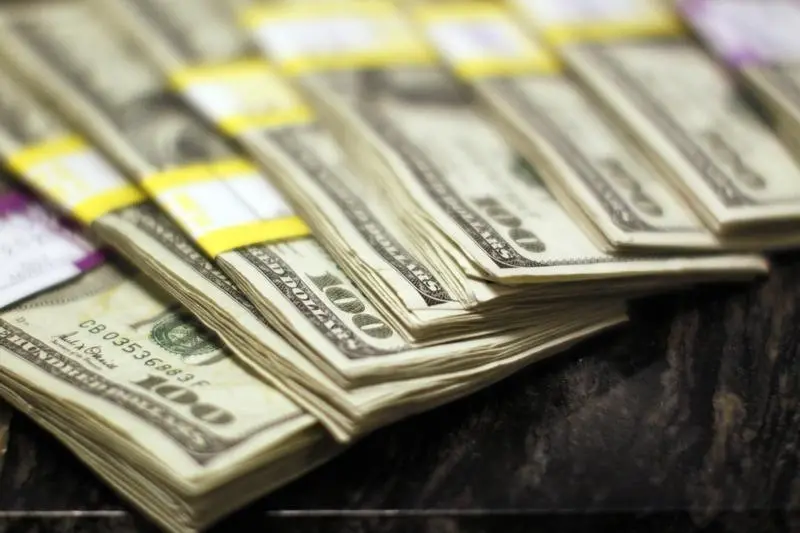PHOTO
LONDON- The dollar's early gains fizzled on Monday as investors squared positions before a European Union summit this week on how to tackle the economic fallout of the novel coronavirus crisis.
Italian Prime Minister Guiseppe Conte used an interview with Germany's Sueddeutsche Zeitung on Monday to repeat calls for the EU to issue common euro zone bonds to demonstrate the bloc's solidarity in the face of a pandemic likely to trigger the worst recession in years.
EU heads of governments are scheduled to hold a video summit over how to tackle the economic fallout of the crisis on Thursday, where differing views on coronabonds, mostly demanded by southern EU member states, are expected to be voiced.
"The European policy meeting is the big one this week and markets are in wait and watch mode before the outcome," said Ilan Solot, a strategist at Brown Brothers Harriman in London. "Central banks have broadly spent their bullets and now it is up to the news on the healthcare front."
Against a basket of its rivals, the dollar's early gains ran out of steam with the greenback dipping into negative territory after being up as much as 0.3% on the day. It remains within striking distance of a three-year high of nearly 103 hit last month.
Investors were waiting for more healthcare news. Data that infection rates in Europe and the United States from the coronavirus outbreak have peaked or are approaching a peak would be expected to prompt traders to step back into currency markets.
Risk appetite was mostly cautious as data showed Japanese exports fell by their biggest margin in nearly four years and as oil prices weakened, reflecting a collapse in global demand.
The dollar slipped 0.1% versus the euro but was up 0.1% on the Japanese yen. It last bought 107.71 yen and traded at $1.0867 per euro.
Latest positioning data revealed that investors ramped up their short positions on the greenback.
The value of the net short dollar position, derived from net positions of International Monetary Market speculators in the yen, euro, British pound, Swiss franc and Canadian and Australian dollars, rose to $12.59 billion in the week ended April 14, from $10.5 billion the previous week.
Elsewhere, the New Zealand dollar was the only one to hold its own against the greenback, rising 0.6% to $0.6059 after the nation said it will lower its alert level one notch next Monday - allowing some businesses to resume - and review that stance on May 1.
New Zealand, which has recorded just 12 deaths from COVID-19, the respiratory disease caused by the new coronavirus, remains a rare outlier with other Western and Asian countries still under lockdown.
The economic impact of the enforced lockdown will be evident from data later this week where flash PMI data will be released.
Composite euro zone PMIs, comprising services and manufacturing, plummeted last month to a record low of 29.7 versus February's 51.6 - the biggest monthly drop since the survey began in July 1998.
(Reporting by Saikat Chatterjee; Additional reporting by Tom Westbrook in SINGAPORE; editing by Angus MacSwan and Barbara Lewis) ((saikat.chatterjee@thomsonreuters.com; +44-20-7542-1713; Reuters Messaging: saikat.chatterjee.reuters.com@reuters.net))





















